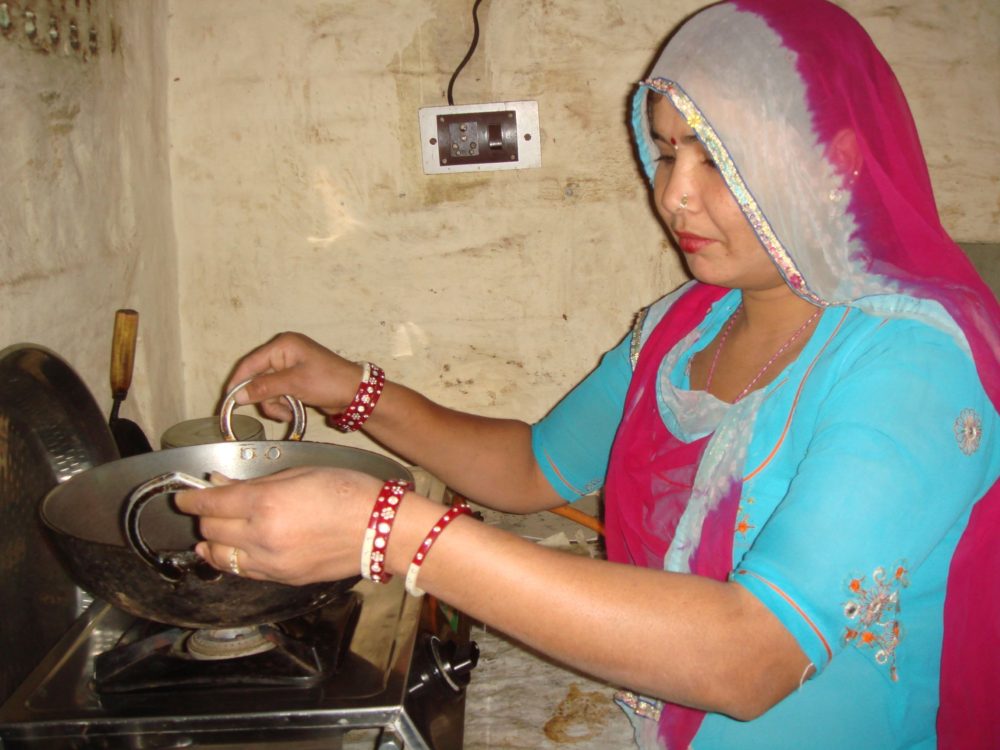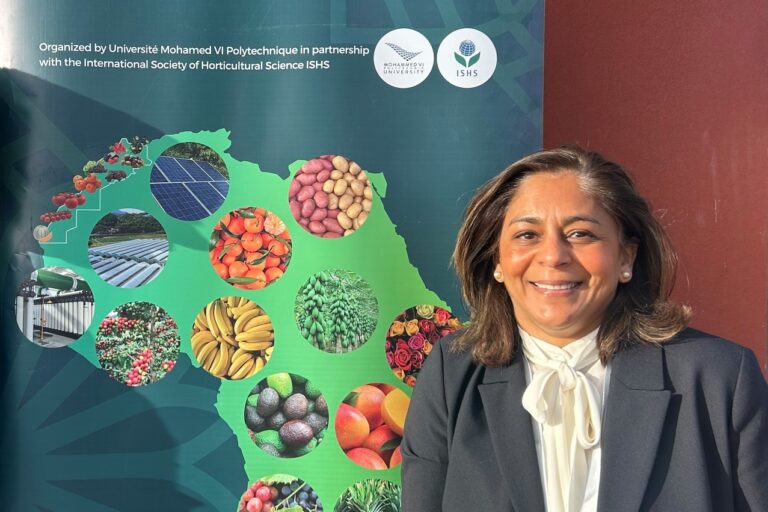By Neena Bhandari
Sydney, 05.11.2020 (SciDev.Net): Researchers have developed a new and cheaper method of recycling used cooking oil and agricultural waste into biodiesel, which also has the potential to efficiently convert food scraps, micro-plastics and old tyres into valuable molecules used in medicines, fertilisers and biodegradable packaging.
The findings of the research, an international collaboration led by RMIT University in Melbourne (Australia) published 26 October in Nature Catalysis, point to the multifunctional properties of the new and more efficient catalyst, a highly porous, micron-sized ceramic sponge that contains different specialised active components that accelerate chemical reactions. Molecules enter the sponge through large pores, where they undergo the first chemical reaction, and then pass into smaller pores to undergo the second reaction with the help of nanoparticles.
“Biodiesel is currently manufactured using soluble catalysts (substances that accelerate chemical reactions). These are difficult to recover (for reuse) from the fuel product, can corrode engines and are rapidly ‘poisoned’ by contaminants present in the oil feedstocks,” says Adam Lee, co-lead investigator and professor of sustainable chemistry at RMIT University.
Continue Reading on SciDev.Net
© Copyright Neena Bhandari. All rights reserved. Republication, copying or using information from neenabhandari.com content is expressly prohibited without the permission of the writer and the media outlet syndicating or publishing the article.



